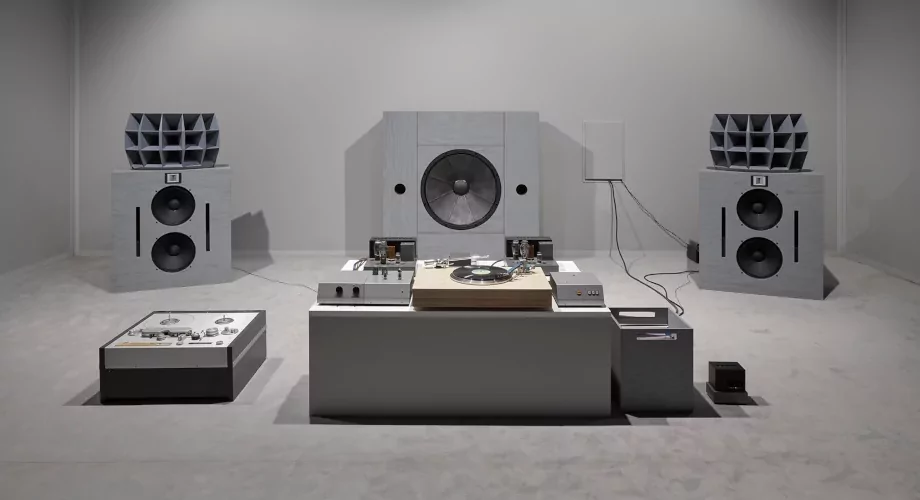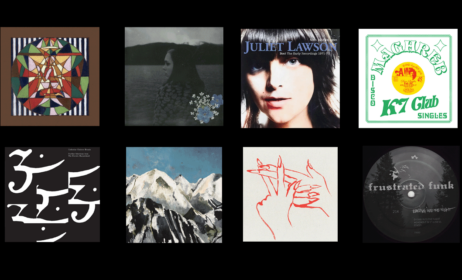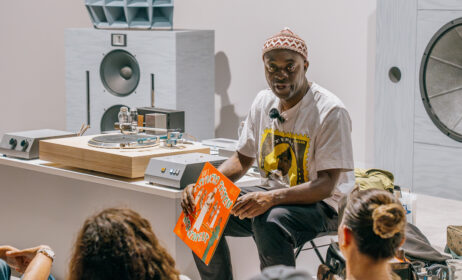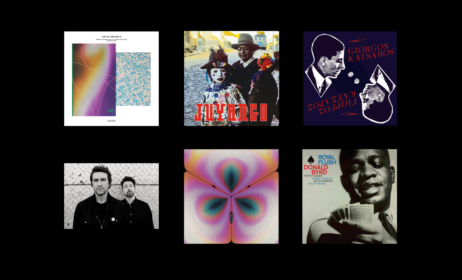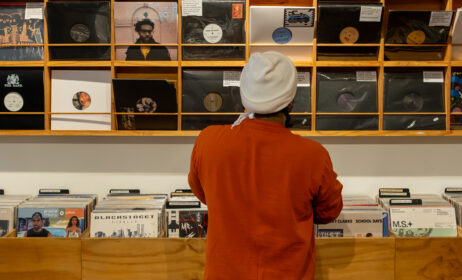Published on
August 19, 2022
Category
Features
In Permanent Rotation, producers, DJs, and musicians go deep on the albums that have inspired them.
Brazilian-born, Amsterdam-based DJ and producer LYZZA is readying for the release of her 10-track alt-pop mixtape Mosquito on Big Dada next month. Combining dark hyperpop, reggaeton and prismatic, hard-edged club tracks, it’s a high-energy thrill ride and the most comprehensive expression yet of the 23-year-old’s knack for hooky, off-kilter electronica.
LYZZA recalls cycling to school in Amsterdam in her early teens, Nicki Minaj’s Pink Friday: Roman Reloaded album blasting through her headphones.
“It gave me so much energy in the mornings,” she says, giggling as she feigns the tutting British accent of Martha Zolanski, one of the characters assumed by Minaj across the record. (Martha is the mother of Roman, Minaj’s best-known alter ego, an outspoken homosexual who features prominently).
“It’s like, you’re 13, you’re going to high school. Obviously, you hate it,” LYZZA reflects. “You’re like, if only I could be someone else, because in school as a Black immigrant in a country like the Netherlands, you don’t feel like you could constantly truly show who you are, you know?”
Minaj’s rebellious alter ego Roman resonated with LYZZA’s own pent-up frustrations about feeling like an outsider at school. “That’s what I needed before heading to school, someone that’s just crazy and like, ‘No, I don’t want this. Roman hates all of you!”
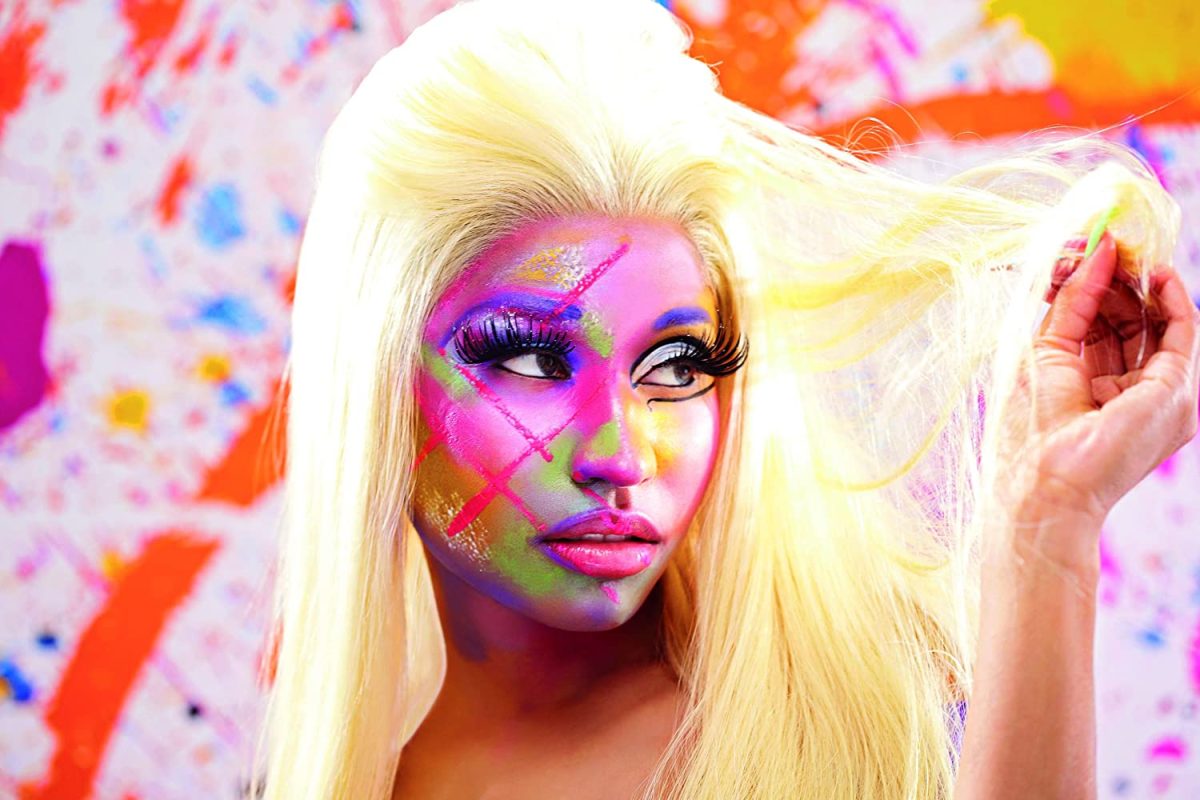
Arriving in April 2012, Roman Reloaded was a revelation in both style and format to LYZZA, aka Lysa da Silva, who names Minaj as one of the first and most prominent artists in the realm of rap and hip-hop to successfully incorporate EDM and electroclash sounds into their music. “We could say technically that Kid Cudi did that with David Guetta,” she observes [on 2009’s ‘Memories’]. “But Kid Cudi’s raps are very different to the way Nicki was rapping, I feel like she was like bringing some oomph and gangsta to the genre. Looking back, I think a lot of people have co-opted the sound from the mixtape but at the time, beats like that [in rap] were not normal.”
It’s a “psychotic-ass record”, LYZZA says, singling out ‘Stupid Hoe’ for its subverted rap beats, in which “the hi-hat is basically a flute, so it’s giving you that rhythm, but it’s a tone.”
“I have this hot take that ‘Stupid Hoe’ launched a lot of underground club music sounds on Soundcloud at the time,” she says. “I feel like that sound and a lot of those crazy broken beats were very resonant. And when I found my community on SoundCloud [she names Ariel Zetina, Jasmine Infiniti and LSDXOXO among them], there were a lot of these elements in their work as well.”
It may or may not have been intentional, but the format of LYZZA’s imminent mixtape, Mosquito, loosely follows the structure of Roman Reloaded, which is top-heavy with rap and bottom-loaded with EDM.
The split on Mosquito is not as obvious, but the second half of the album definitely shits into a higher gear with tracks like ‘Eraser’ featuring Crystal Castle-esque arpeggiating synths, and ‘Mind to Lips’ set to electroclash drum patterns and chilly futurewave arrangements.
“As an artist, I think you can definitely question yourself a lot and wonder if you’re maybe shooting yourself in the foot by choosing to have certain angles within your sound,” LYZZA says. “Roman Reloaded taught me you don’t have to censor yourself, there’s not that many rules to the artistic creation of music.”
For someone like LYZZA, who makes club music that traverses and incorporates many different styles, there was something comforting about seeing an artist who refused to be confined to one genre, especially an artist who looked like her.
“There was always this notion that Black artists should kind of stick to their thing, which for a lot of people was hip-hop and R&B or soul, you know, this very boxed-in thinking. To see a Black woman just throwing herself into pop showed me we don’t really have to care about what kind of music we make as long as we’re having fun and exploring sounds and pushing ourselves.”
In that spirit, Mosquito takes its name from an unusual muse. “Because I am Black and make alternative music, I identify with the disruptive and intrusive nature of a mosquito,” LYZZA says, adding that the fearlessness that’s a hallmark of Minaj’s work is “definitely something that I really wanted to explore.”
That boldness is palpable throughout the mixtape, both in style and in execution. “Listening back to my old work, I can hear the potential, but listening to this, I feel like, it’s not potential, it’s there,” LYZZA says. “It’s a really nice feeling.”

